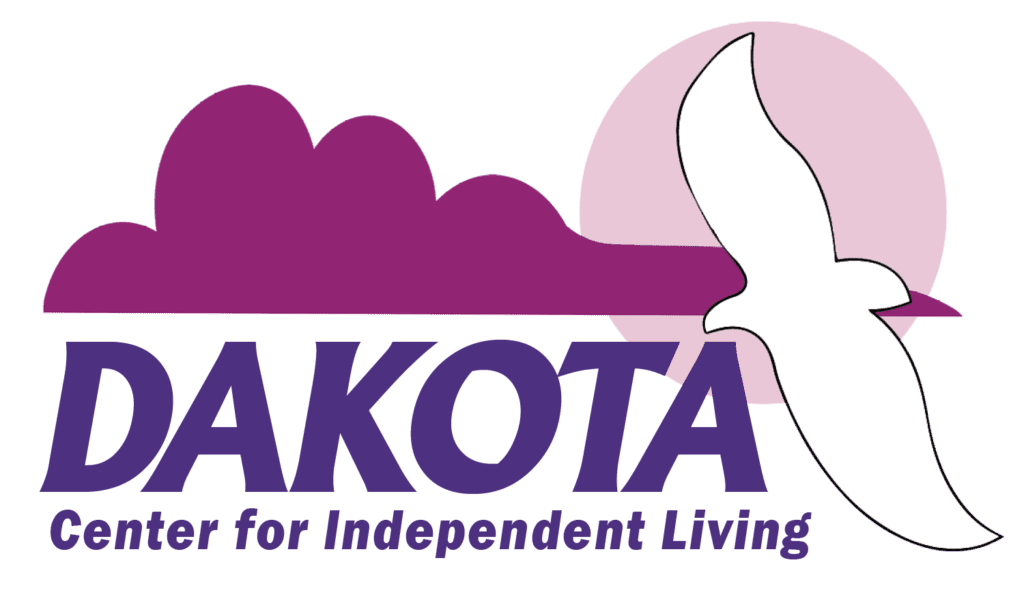The last concept I wanted to pose as a misconception is that of the need for “proof” of disability. Employers have a right to ask for proof from a medical professional when the employee’s disability is not obvious and they are requesting a change. That’s pretty much it when it comes to people with disabilities needing to prove they have a disability.
I’ve heard arguments, mostly around service animals, that people with disabilities should have to carry documentation to prove disability so that it’s easier for everyone else. As a Civil Rights law, congress was very careful not to repeat the failings of the past. There was once a time in Germany when people of the Jewish Faith had to identify themselves and provide proper documentation to take part in society. That did not work out very well for those people.
Requiring documentation is also a form of control, a barrier. Not everyone with a disability lives in a household with disposable income. Not everyone with a disability has health insurance to assist. Not everyone with a disability lives near the correct specialist to diagnose the reality they may have lived their entire life.
Currently, I’m trying to get scheduled for an EMG to get documentation of my disability. The purpose is to supply to the international governing body for Paralympic Cycling. My experience is that it’s difficult to find a specialist who will return a phone call or has time for me within 6 months. Insurance company representatives and receptionists at medical offices can be rude. It’s not a fast or enjoyable experience trying to schedule this 30-minute test. I can’t imagine how disempowered and frustrated I would feel if I needed to go through this to go to the movies or out to eat. There will always be people who take advantage of the system for their personal gain. Requiring the law punish those who abide by it because of those who don’t is not the answer.
These 3 examples are the stand-out misconceptions I encounter most often. The truth of the ADA is it’s a very difficult law to understand. The more you understand the law, the more you realize that it was written to protect all people affected by it. The entities covered by the ADA have various responsibilities and their own rights under the law. Every circumstance is different. The generally “vague” language of the ADA was purposeful to be apply to a countless variety of human experiences.
By: Chris Murphy

